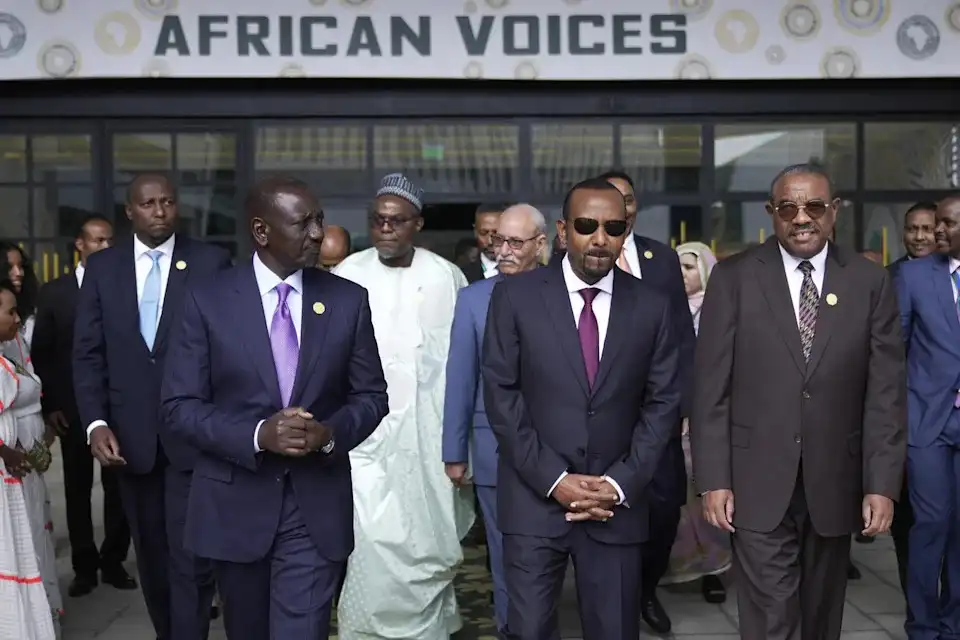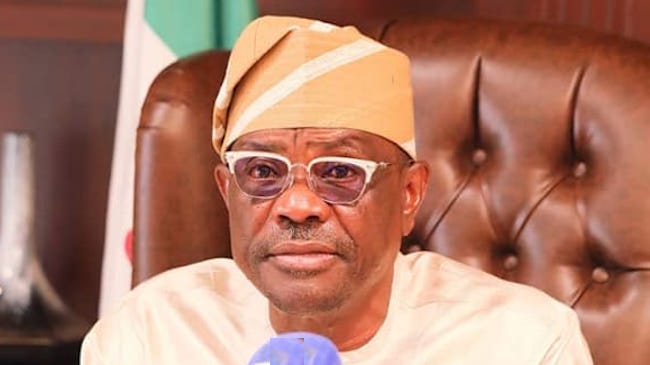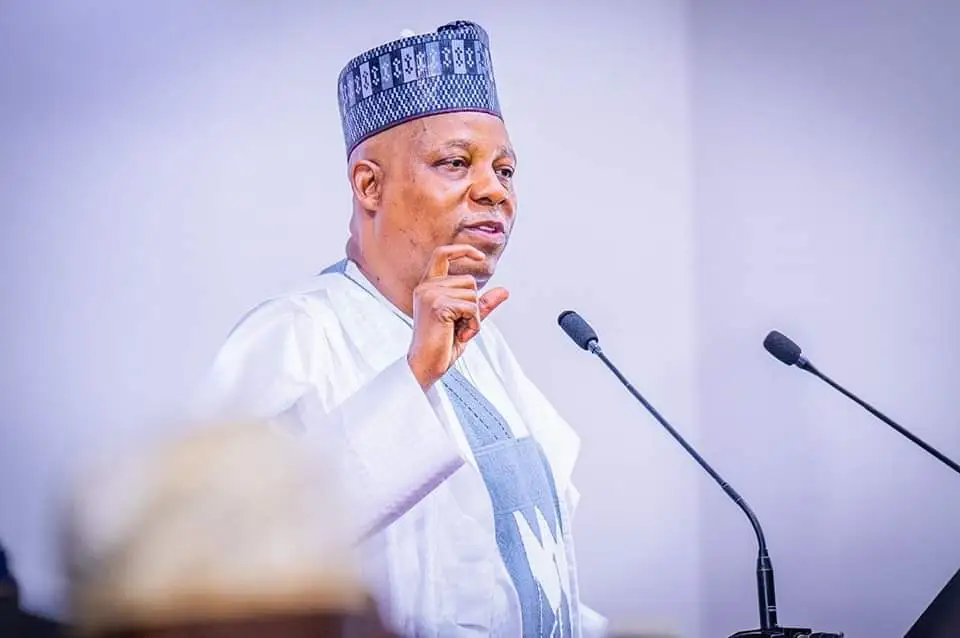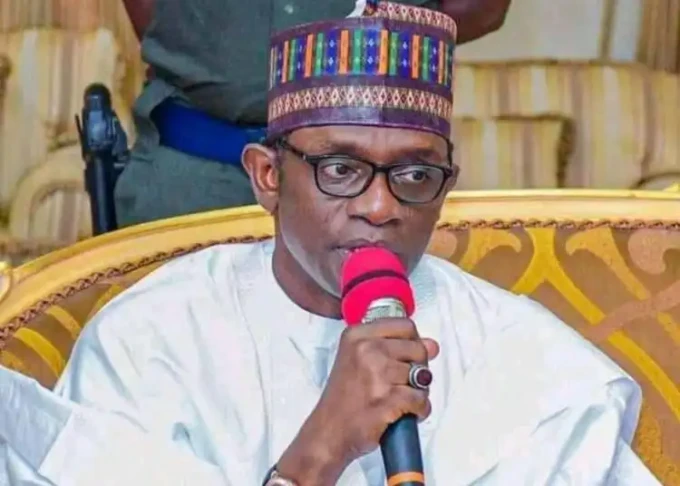African leaders gathered in Addis Ababa, Ethiopia, for the second Africa Climate Summit, focusing on shifting from climate aid to climate investment. The summit brought together heads of state, business leaders, scientists, and activists to unlock funding and promote Africa-led climate solutions. With over a billion people affected by extreme climate events like droughts and floods, Africa faces significant challenges, exacerbated by insufficient funding for renewable energy projects proposed during the previous summit in Kenya.
Ethiopian Prime Minister Abiy Ahmed emphasized the need to view Africa as a viable investment opportunity, urging a transition from aid to investment. Activist Amos Wemanya from Greenpeace Africa suggested that taxing polluters and the wealthy could close the funding gap for climate adaptation. Additionally, Mahamoud Ali Youssouf, chairperson of the African Union, proposed a “climate justice” framework to support vulnerable nations dealing with both climate challenges and debt.
The summit declaration, which reflects Africa’s climate priorities, is set to be finalized for presentation at COP30 in November. Ethiopia announced the inauguration of the Grand Ethiopian Renaissance Dam, aimed at doubling its electricity production, alongside an ambitious plan to plant 50 billion trees by 2026.
The event highlighted the urgent need for sustainable financing to tackle climate adaptation and mitigation efforts in Africa, addressing the continent’s specific challenges and opportunities in the face of ongoing climate change. The outcomes of the summit are poised to play a crucial role in shaping Africa’s climate strategies moving forward.











Leave a comment